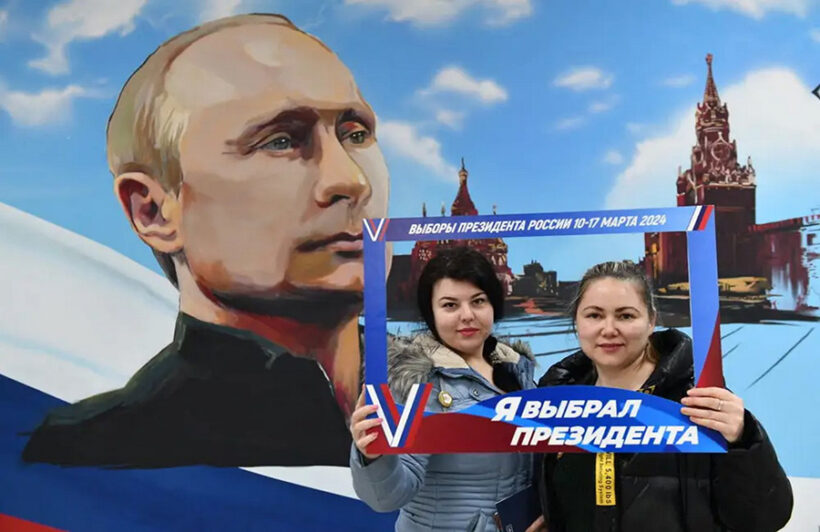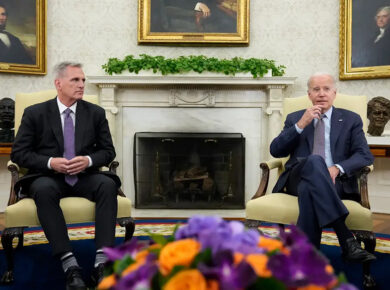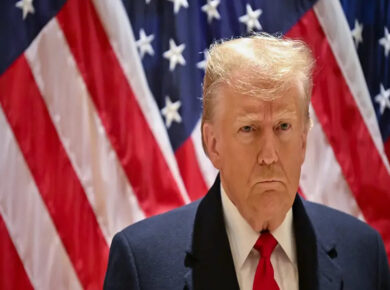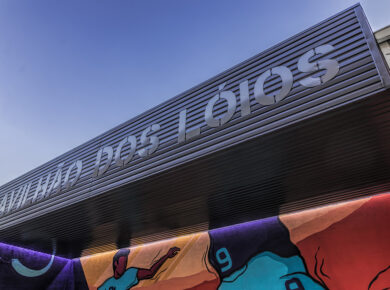Russian President Vladimir Putin’s resounding victory in the recent presidential election solidifies his grip on power, marking another milestone in his enduring political dominance. While his triumph at the ballot box was all but assured, Putin’s strategic maneuvers and economic stewardship have played pivotal roles in securing his continued reign.
Electoral Dominance: A Foregone Conclusion
With an overwhelming 87% of the vote, Putin’s victory was virtually guaranteed, owing to the absence of formidable challengers and the orchestrated oversight of Russia’s electoral process. Opposition figures, lacking in both influence and legitimacy, posed minimal threats to Putin’s unassailable authority, underscoring the entrenched nature of his regime.
Voter Turnout: A Key Strategic Imperative
Despite the inevitability of Putin’s victory, the focus remained on ensuring a robust voter turnout to legitimize his mandate. State intervention, including coercion tactics employed by civil servants and state-affiliated entities, aimed to mobilize voters and project an image of popular support for Putin’s leadership.
Economic Stability: A Pillar of Putin’s Endurance
Putin’s enduring popularity owes much to his administration’s adept management of Russia’s economy amidst geopolitical turbulence, notably the ongoing conflict in Ukraine. Despite external pressures, Russia’s GDP growth, low unemployment, and rising wages have bolstered public confidence and mitigated discontent.
Government Intervention: Bolstering Public Morale
Efforts to bolster public morale through wage hikes and social spending have assuaged concerns and fostered a sense of normalcy amid geopolitical uncertainties. The government’s redistributive policies have alleviated economic strains and reinforced Putin’s narrative of stability and prosperity.
Repression and Control: Suppressing Dissent
Putin’s consolidation of power extends beyond economic stewardship to encompass strict repression of internal dissent and political opposition. The suppression of free speech and the demise of prominent critics, such as Alexey Navalny, underscore Putin’s authoritarian grip on Russia’s political landscape.
Forward-looking Policies: Sustaining Momentum
In a bid to maintain momentum, Putin has unveiled progressive tax reforms aimed at redistributing wealth and assuaging socio-economic disparities. These initiatives signal a concerted effort to adapt to evolving public sentiments and consolidate support amidst shifting geopolitical realities.
Longevity in Power: Putin’s Enduring Legacy
Putin’s prolonged tenure, spanning over two decades, underscores his unparalleled influence and political longevity. As Russia’s longest-serving leader since Josef Stalin, Putin’s enduring legacy reflects both the resilience of his regime and the complexities of contemporary Russian politics.
In summation, Vladimir Putin’s recent electoral triumph underscores the convergence of strategic maneuvering, economic stability, and repressive tactics in sustaining his authoritarian rule. As Putin consolidates his power and navigates geopolitical challenges, his enduring legacy continues to shape Russia’s political landscape for years to come.










